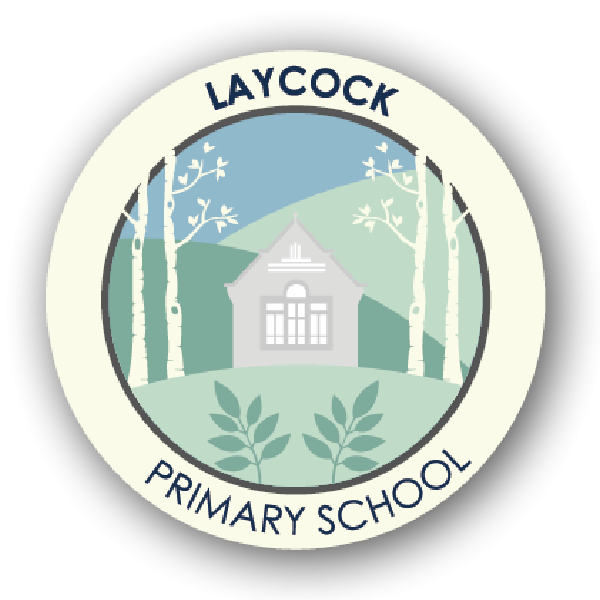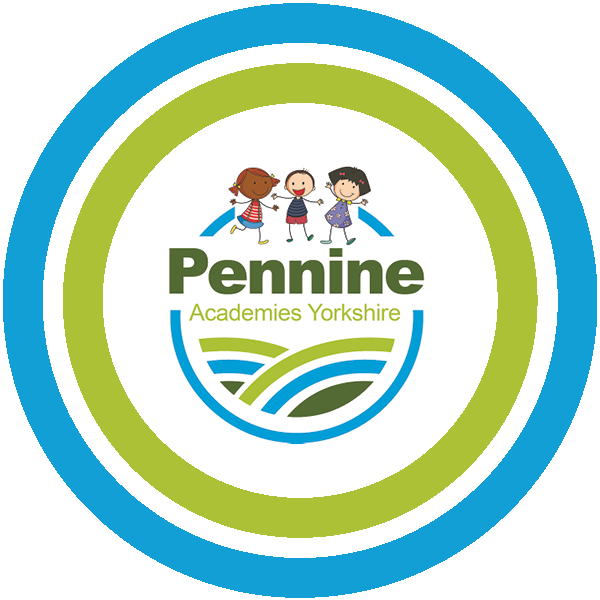Phonics and Early Reading
Learning to read and discovering the joy of books
We learn to read so that we can read to learn. Learning to read is a right for all children and gives them a pathway to a more successful future.
At Laycock we believe that as well as the teaching of the skills needed to decode and understand books, we aim to encourage and nurture a love of reading. Reading takes us to new lands, makes us interact with new characters, helps us understand how others are feeling and gives us information we need on subjects that interest us.
We see reading as the foundation to learning across all subjects and a child cannot fulfil their potential without becoming a competent reader. Additionally, we are determined that every child will enjoy books and develop a love of reading.
Phonics
Children make a strong start in Reception: teaching begins in the Autumn term. We use the DFE validated Little Wandle Revised programme to ensure a successful start for all our children. Phonics happens daily in EYFS and Year 1, with keep up and catch up sessions happening across the school to enable all children to develop as fluent and confident readers.
Children in Reception and KS1 also participate in three group reading practice sessions a week. Our books are carefully matched to the progression of our phonics scheme ensuring that they are fully decodable for each child.
Daily Keep-up/Catch-up lessons
Any child who needs additional support has daily Keep-up or catch-up sessions. These sessions match the structure of class teaching, and use the same procedures, resources and mantras, but in smaller steps with more repetition, so that every child secures their learning.
Group Reading sessions
Each reading practice session has a clear focus:
-
Decoding
-
Prosody: teaching children to read with understanding and expression
-
Comprehension: teaching children to understand the text
Through reading the same text a number of times children are able to start to read with fluency. Comprehension of a text is only possible if a certain degree of fluency is achieved, without fluency children will not gain anything from their reading.
Home reading
The reading book from the group reading session is taken home after 3 reads in school, again repetition builds confidence and fluency. To ensure reading success it is important that it happens at home, books are shared with the family.
Reading for pleasure library books also go home for parents to share and read to children.
Assessment
Assessment is used to monitor progress and to identify any child needing additional support as soon as they need it. This happens daily within class to identify children needing Keep-up support to address gaps in knowledge or misconceptions.
Every six weeks progress is assessed, to identify any children needing additional support and to plan the Keep-up support that they need.
Statutory assessment
Children in Year 1 sit the Phonics screening check. Any child not passing the check re-sits it in Year 2.
Additional information for parents
Information to help you support your child’s reading journey can be found below:
How to say the phase 2 phonemes from Autumn 1 Reception
How to say the phase 2 phonemes from Autumn 2 Reception
How to say the phase 3 phonemes
How to say the phase 5 phonemes
The Little Wandle website has some useful guidance and resources to support the teaching of phonics in the home - https://www.littlewandlelettersandsounds.org.uk/resources/for-parents/

